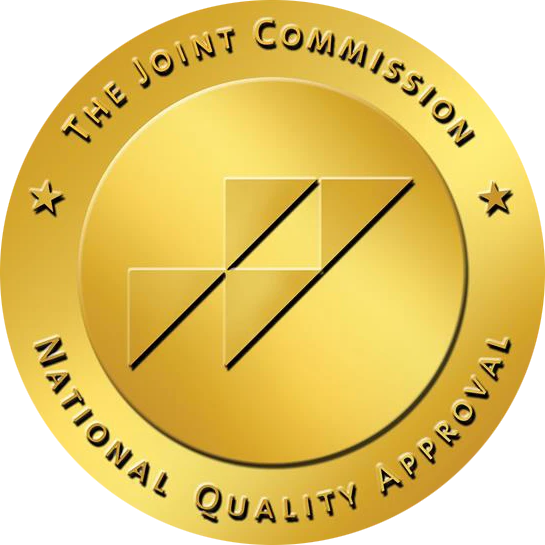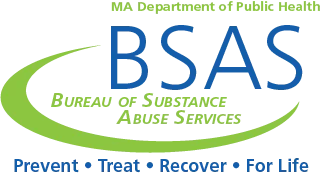Detox in Boston with BCBS Insurance
Health insurance, especially through providers like Blue Cross Blue Shield (BCBS), can play an essential role in making detoxification and subsequent treatment more accessible and affordable. BCBS plans typically cover many aspects of addiction treatment, which helps reduce the financial strain on individuals seeking help. This coverage allows individuals to focus on their recovery without the overwhelming stress of managing treatment expenses.
The Retreat of Boston partners with various BCBS plans to further ease the financial burden and offer a clear path toward recovery. By working directly with carriers, The Retreat ensures that individuals ready to take the first steps toward reclaiming their lives can access comprehensive and affordable detox in Boston with BCBS insurance that is tailored to their unique needs.

Utilizing BCBS Insurance for Addiction Treatment
Understanding how to utilize BCBS insurance effectively is crucial for gaining access to quality addiction treatment. BCBS is known for offering comprehensive coverage that can significantly reduce out-of-pocket expenses for detox programs. Detoxification is the first step in addiction treatment, allowing the body to eliminate harmful substances while managing withdrawal symptoms in a safe and controlled environment. By leveraging BCBS insurance, individuals can start their recovery journey without overwhelming financial stress.
BCBS Insurance Plans: A Closer Look
Blue Cross Blue Shield provides several types of insurance plans, each with varying levels of coverage for addiction treatment:
- Preferred Provider Organization (PPO): PPO plans offer flexibility in selecting healthcare providers and facilities, including out-of-network treatment centers. While monthly premiums may be higher, PPO plans often provide extensive coverage for substance abuse treatment, including detox programs.
- Health Maintenance Organization (HMO): HMO plans require members to choose a primary care physician and get referrals for specialist services. They typically limit coverage to in-network providers. However, BCBS HMO plans may still cover certain aspects of addiction treatment, depending on the network.
- Exclusive Provider Organization (EPO): EPO plans are similar to PPO plans but only cover in-network providers, except in emergencies. These plans might offer specific detox programs within their network of providers.
- Point of Service (POS): POS plans combine features of PPOs and HMOs, allowing some flexibility in choosing out-of-network providers but requiring a primary care referral for in-network specialists.
Understanding the nuances of each plan can significantly impact the coverage available for addiction treatment, such as detox. It’s essential to review the specifics of your plan to understand what is available before embarking on a detox program.

BCBS Detox Coverage for Substance Abuse
Blue Cross Blue Shield plans typically cover multiple aspects of detox treatment, acknowledging it as a vital part of the recovery process. Coverage often begins with an initial assessment, where professionals evaluate the patient’s needs to determine the most suitable level of care for detoxification and ongoing treatment.
For individuals needing more intensive support, plans may cover inpatient detox, offering a controlled, monitored environment where medical professionals can safely manage withdrawal symptoms. Outpatient detox is also available for those who don’t require round-the-clock supervision but still need structured support during withdrawal.
Many Blue Cross Blue Shield plans include medication management, covering necessary medications to ease withdrawal symptoms and manage any co-occurring mental health conditions. Therapeutic support may also be covered, offering therapy sessions to help patients prepare for the subsequent stages of their recovery journey.
However, since coverage can differ by plan, policyholders should verify their specific benefits and be aware of any prerequisites, such as referrals or prior authorization, to ensure seamless access to the needed care.
What to Expect at BCBS Detox in Boston
Opting for a detox in Boston with BCBS insurance provides access to customized treatments aimed at achieving the best recovery outcomes. At facilities like The Retreat of Boston’s drug detox program, patients entering a Massachusetts BCBS covered addiction treatmet program can expect a range of supportive services and resources.
Upon arrival, patients undergo a comprehensive assessment that includes a detailed evaluation of substance use history, medical needs, and any co-occurring conditions. This initial assessment helps in creating a personalized medical detox plan that addresses each individual’s unique situation.
Throughout the detox process, patients receive continuous medical supervision from healthcare professionals. This constant monitoring ensures that detoxification is safe and effective, reducing the likelihood of complications during withdrawal. The structured environment of the Massachusetts detox facility offers additional support, providing a space free from triggers and distractions that might otherwise hinder early recovery efforts.
A holistic care approach is central to treatment, with an emphasis on addressing both the physical symptoms of addiction and the psychological support required for lasting recovery. Aftercare planning is also a key component; since detox is only the first step, care teams collaborate with patients to arrange ongoing therapy, counseling, and referrals to support groups, helping to pave the way for continued healing.
Find Detox in Boston With BCBS Insurance Today
For individuals seeking to take the first step towards recovery, verifying your insurance coverage is an essential starting point. The Retreat of Boston offers free insurance verification services, helping prospective patients understand their BCBS benefits and the extent of detox coverage available. Don't let financial concerns hinder your recovery journey. Contact The Retreat of Boston today to explore the detox programs and find out if your BCBS insurance can make a vital difference in reducing treatment costs. Reach out now, and let us guide you toward a healthier, substance-free future. Call our dedicated team to start the verification process and take charge of your path to recovery. The journey to reclaim your life begins with a simple step. Let The Retreat of Boston and BCBS insurance support you in making that step today.Take The First Step Towards Your Journey To Recovery
What People Say

Edward C.

Sarah L.

Daniel P.
Our Licenses



